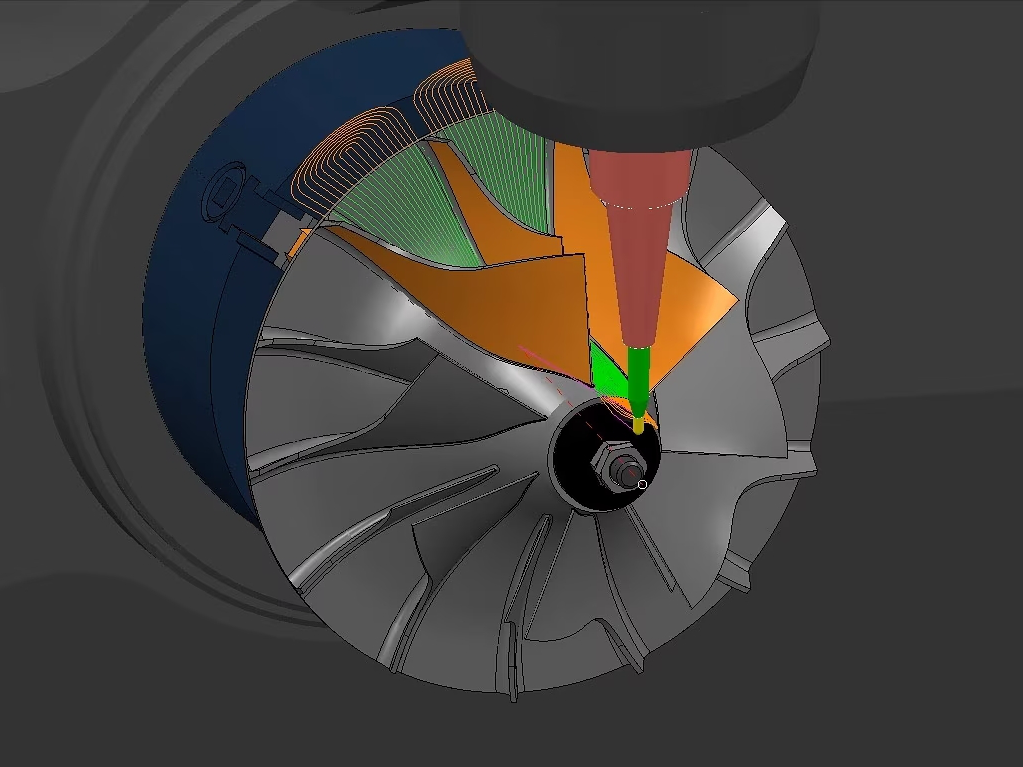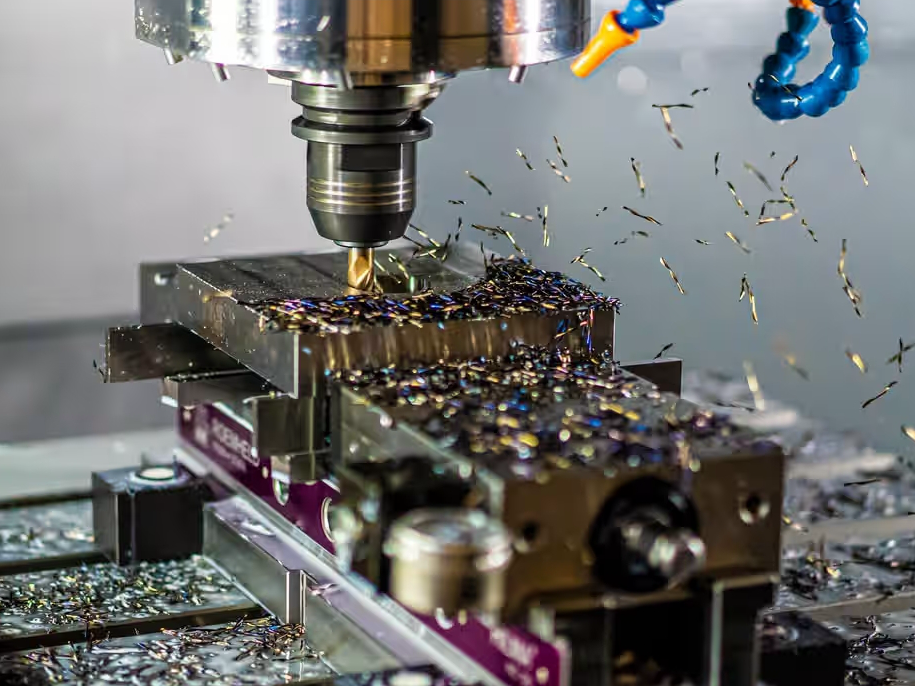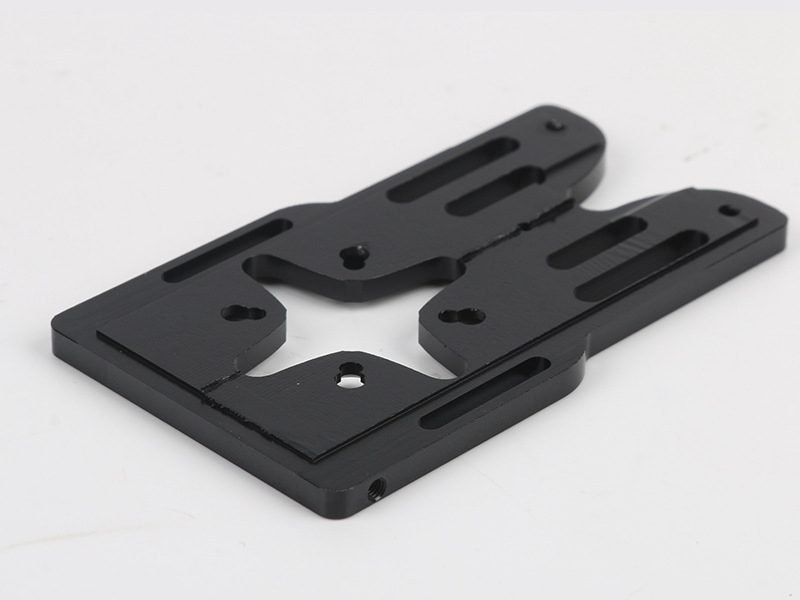Can plastic parts be anodized or electroplated like metal parts?
Can Plastic Parts Be Anodized or Electroplated Like Metal Parts?
Plastic parts cannot be anodized like metals, but they can be electroplated using special surface preparation techniques. At Neway, we help clients evaluate whether decorative or functional plating is feasible for their CNC plastic parts, and select compatible materials and processes accordingly.
Why Plastics Cannot Be Anodized
Anodizing is an electrochemical oxidation process that works only with conductive metals such as aluminum, titanium, or magnesium. Plastics, being non-conductive and chemically inert, do not form oxide layers and therefore cannot be anodized.
More details: Aluminum Anodizing Explained
Electroplating on Plastics: What's Possible?
Plastic parts can be electroplated, but they require extensive pre-treatment to make the surface conductive. The process generally includes:
Etching: Micro-etch the surface with acid to create adhesion points.
Sensitizing & Activating: Apply a palladium-tin catalyst to initiate conductivity.
Electroless Plating: Deposit a thin conductive metal (usually nickel or copper).
Electroplating: Build the desired layer (e.g., chrome, gold, nickel) via electrolysis.
Suitable Plastics for Electroplating
Not all plastics are equally suitable. The best results are achieved with:
Material | Electroplating Compatibility | Notes |
|---|---|---|
ABS | Excellent | Most widely plated engineering plastic |
Polycarbonate | Good | Requires adhesion promoter |
PEEK | Limited | Requires surface modification |
Nylon | Moderate | Moisture content must be controlled |
ABS is the most common choice due to its uniform surface energy and strong bonding to metal coatings.
Applications of Plated Plastic Parts
Automotive trim (chrome-plated ABS)
Consumer electronics (decorative bezels)
EMI shielding for enclosures
Wear-resistant or corrosion-resistant plastic components
More info: Painting vs Plating for CNC Plastic Parts
Key Limitations
Cost is significantly higher than plating metals due to preparation steps
Sharp edges or deep holes may result in uneven coverage
Part size and geometry must be compatible with bath processes
Manufacturing Services You May Need
Neway provides CNC machining of plastic parts in ABS, polycarbonate, and PEEK, and supports post-processing services like painting and plating. We deliver tight-tolerance prototyping and production parts for consumer electronics, automotive, and medical industries.



